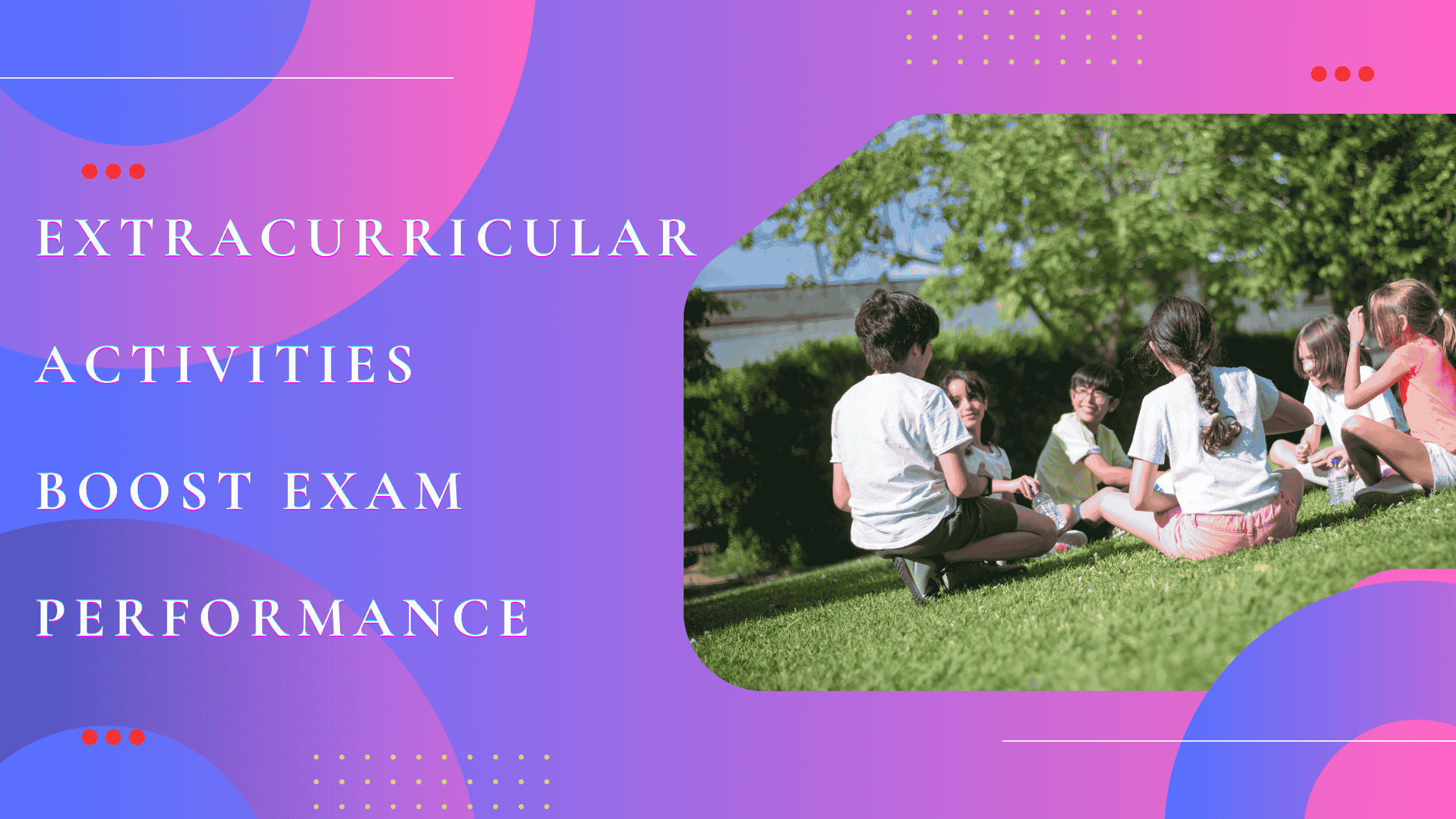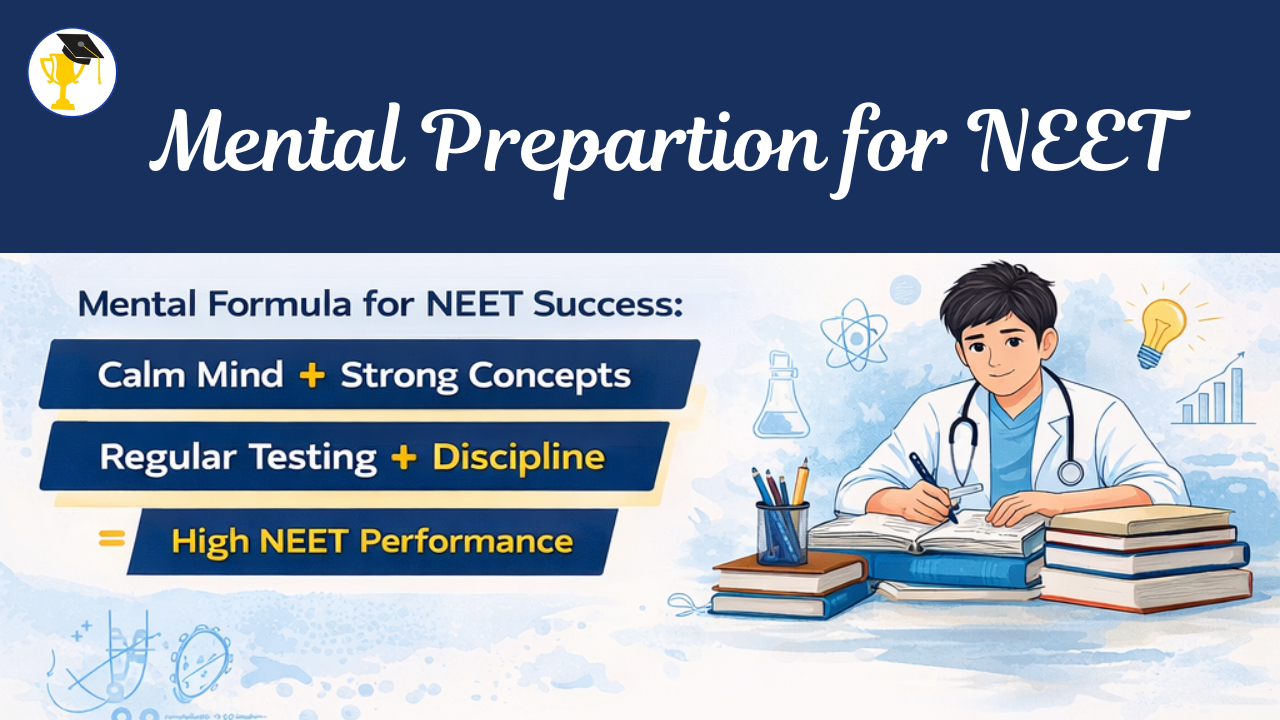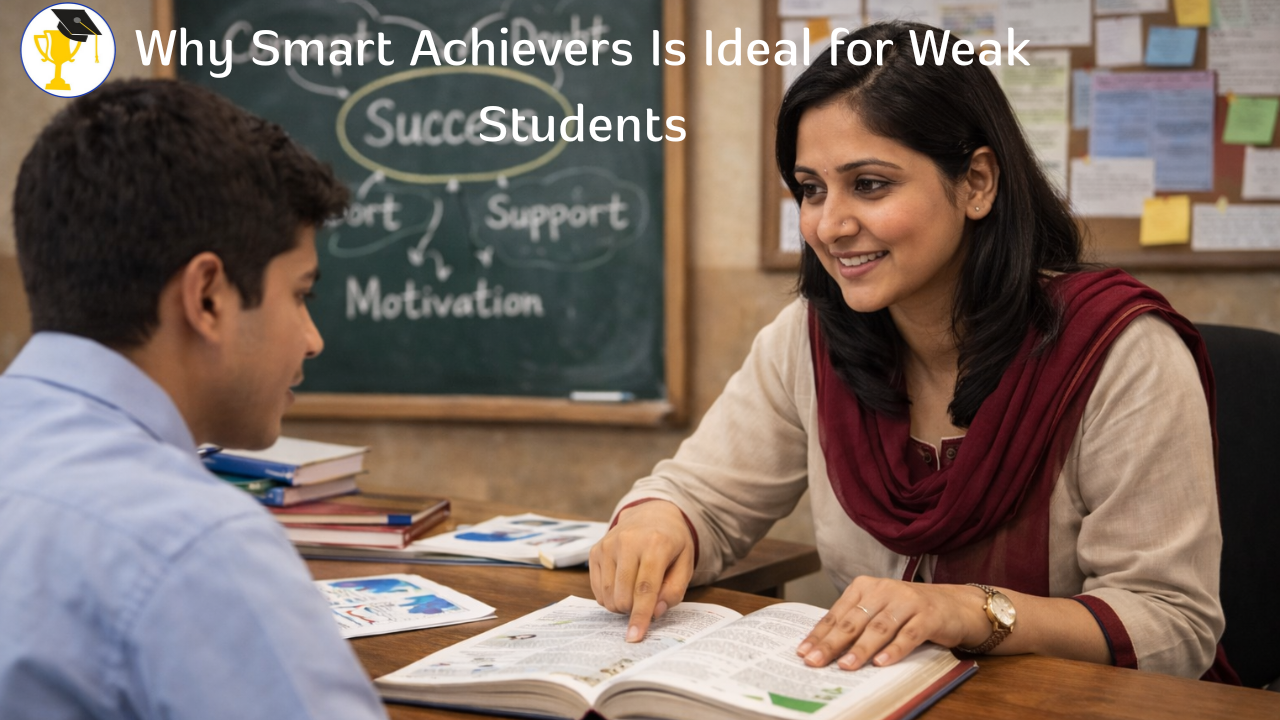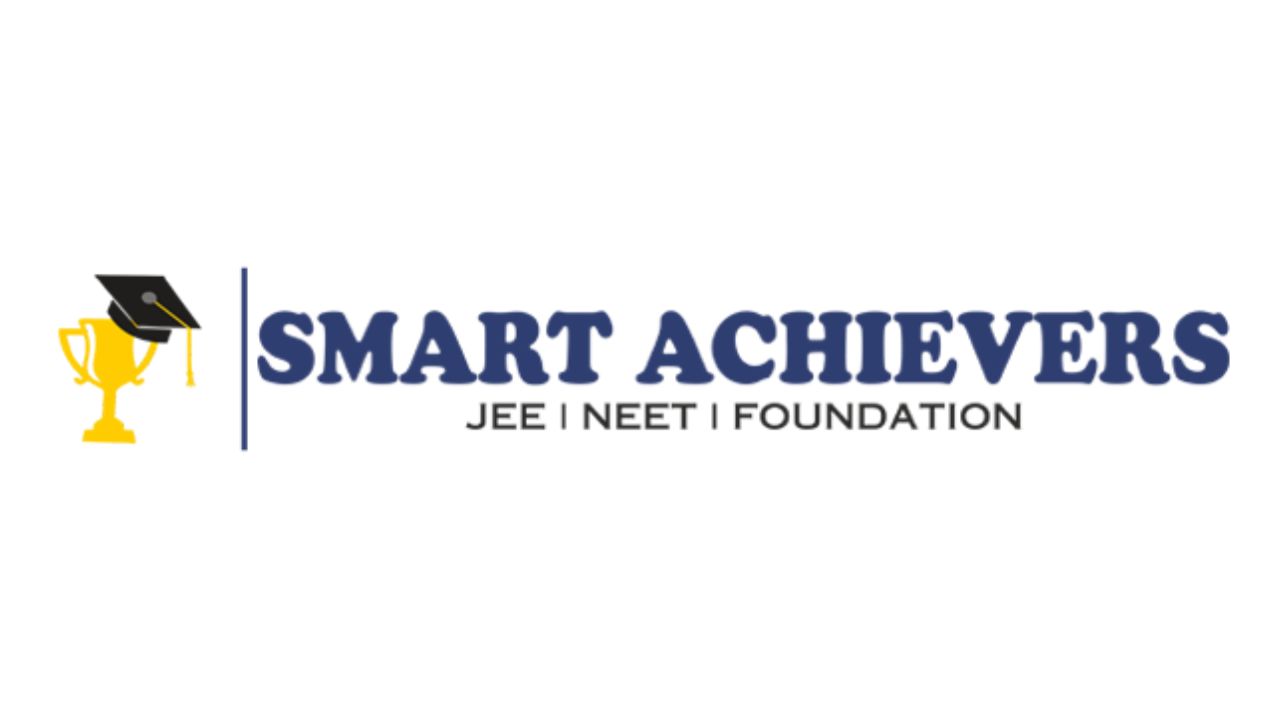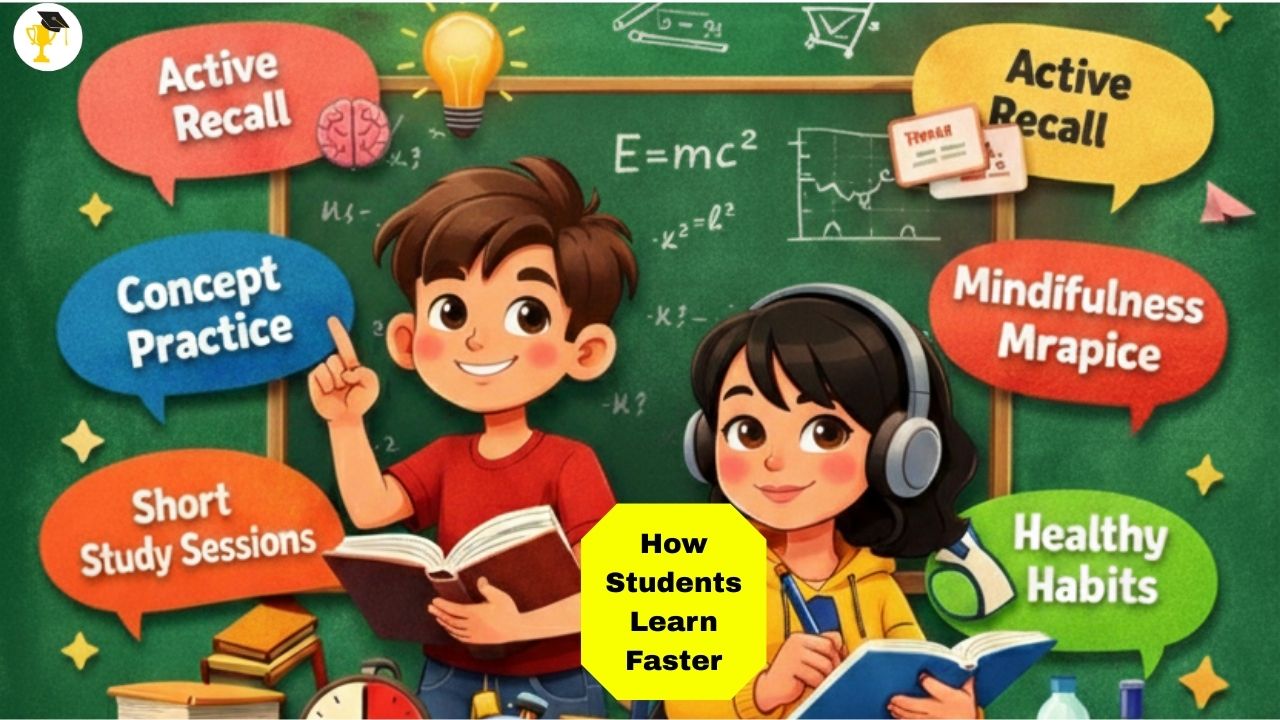The Role of Extracurricular Activities in Enhancing Exam Performance
Balancing academics with extracurricular activities might seem challenging at first, but the truth is, engaging in activities outside the classroom can actually improve your exam performance. By developing essential skills like time management, focus, and resilience, extracurricular activities help students grow holistically, leading to better academic outcomes. Let’s explore how these activities can support your exam preparation and how to strike the perfect balance.
1. Developing Time Management Skills
Participating in extracurricular activities teaches students how to juggle multiple responsibilities effectively.
Efficient Scheduling: Balancing study time with activities encourages better planning and prioritization.
Focus on Quality: Students learn to make the most of their study hours, maximizing productivity.
Discipline: Regular participation instills a sense of routine that helps meet academic deadlines.
Prioritization Skills: Knowing which tasks are urgent and important is a skill that carries over into exam preparation.
2. Reducing Stress and Building Emotional Resilience
Extracurricular activities provide a break from academic pressures, helping students recharge.
Relieve Stress: Sports, music, or art offer physical and creative outlets for relaxation.
Boost Confidence: Achieving success in non-academic areas improves self-esteem, positively impacting academics.
Enhance Emotional Well-being: A balanced routine supports mental health, making it easier to handle exam stress.
Cultivate Positivity: Engaging in enjoyable activities fosters a positive mindset, critical for overcoming challenges.

3. Fostering Cognitive and Social Skills
Extracurricular activities contribute significantly to cognitive and interpersonal development.
Improved Focus and Memory: Activities like chess or playing an instrument enhance concentration and cognitive function.
Teamwork and Communication: Group activities, such as sports or drama, teach collaboration and interpersonal skills.
Critical Thinking: Debates, robotics, or problem-solving tasks hone analytical abilities, which benefit academics.
Adaptability: Learning to adjust to new roles or environments helps students adapt to different exam scenarios.
4. Building a Positive Routine
A well-structured routine that incorporates extracurricular activities can prevent monotony and keep students motivated.
Boost Motivation: Regular involvement in activities you enjoy keeps you energized for your studies.
Healthy Sleep Patterns: Physical activities promote better sleep, which aids memory retention.
Consistency: A balanced routine ensures steady progress in both academics and personal growth.
21 Quick Ways to Memorize Formulas in Science and Math Click Here
5. Enhancing College Applications
Extracurricular activities can significantly strengthen your college applications by showcasing a well-rounded personality.
Leadership Skills: Roles like team captain or club leader demonstrate initiative.
Commitment: Long-term participation in activities reflects dedication and perseverance.
Achievements: Awards and recognitions highlight your ability to excel in multiple areas.
Diversity: A variety of activities portray adaptability and versatility, qualities valued by admission committees.
Examples of Beneficial Extracurricular Activities
Sports and Athletics: Build physical fitness, teamwork, and discipline.
Music and Art: Encourage creativity and emotional expression.
Debate and Public Speaking: Enhance critical thinking and communication.
Community Service: Develop empathy and a sense of social responsibility.
Academic Clubs: Deepen knowledge in specific subjects and foster intellectual curiosity.
Coding and Tech Projects: Sharpen problem-solving skills and prepare for tech-driven careers.
Language Clubs: Improve linguistic skills and cultural awareness.
International General Knowledge Olympiad (IGKO) Click Here
Tips for Balancing Academics and Extracurricular Activities
Set Priorities: Identify your main academic goals and the activities you value most.
Create a Schedule: Allocate dedicated time for studies, activities, and relaxation.
Avoid Overcommitment: Focus on a few meaningful activities to prevent burnout.
Use Downtime Effectively: Use short breaks for quick revisions or practicing extracurricular skills.
Seek Support: Communicate with teachers, parents, or mentors to manage your responsibilities effectively.
Monitor Progress: Regularly assess how well you’re balancing academics and activities and adjust as needed.
The Long-Term Benefits
The benefits of extracurricular activities go far beyond exams. They contribute to personal growth, better career prospects, and a fulfilling life. Leadership, resilience, adaptability, and time management—skills developed through these activities—are invaluable in academics, future careers, and personal endeavors.
By embracing extracurricular activities, students can find joy, purpose, and motivation, all while excelling in their academic pursuits. Balance is the key—make the most of every opportunity, and watch yourself thrive both inside and outside the classroom!
 STUDY MATERIALS
STUDY MATERIALS
 COURSES
COURSES
 MORE
MORE

